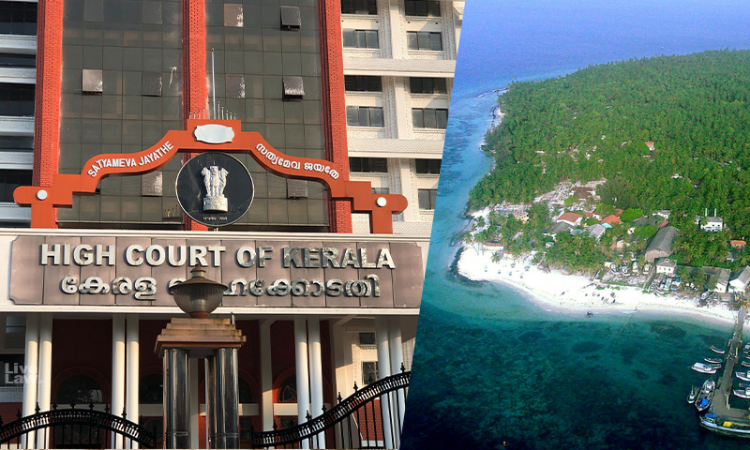'Nutrition needs of the children can easily be satisfied with the altered menu,' the Lakshadweep Administration recently submitted before the Kerala High Court in response to a plea challenging, among other things, removal of non-vegetarian food items from mid-day meal food menu for school children.Earlier, a Division Bench comprising of Chief Justice S Manikumar and Justice Shaji P Chaly...

